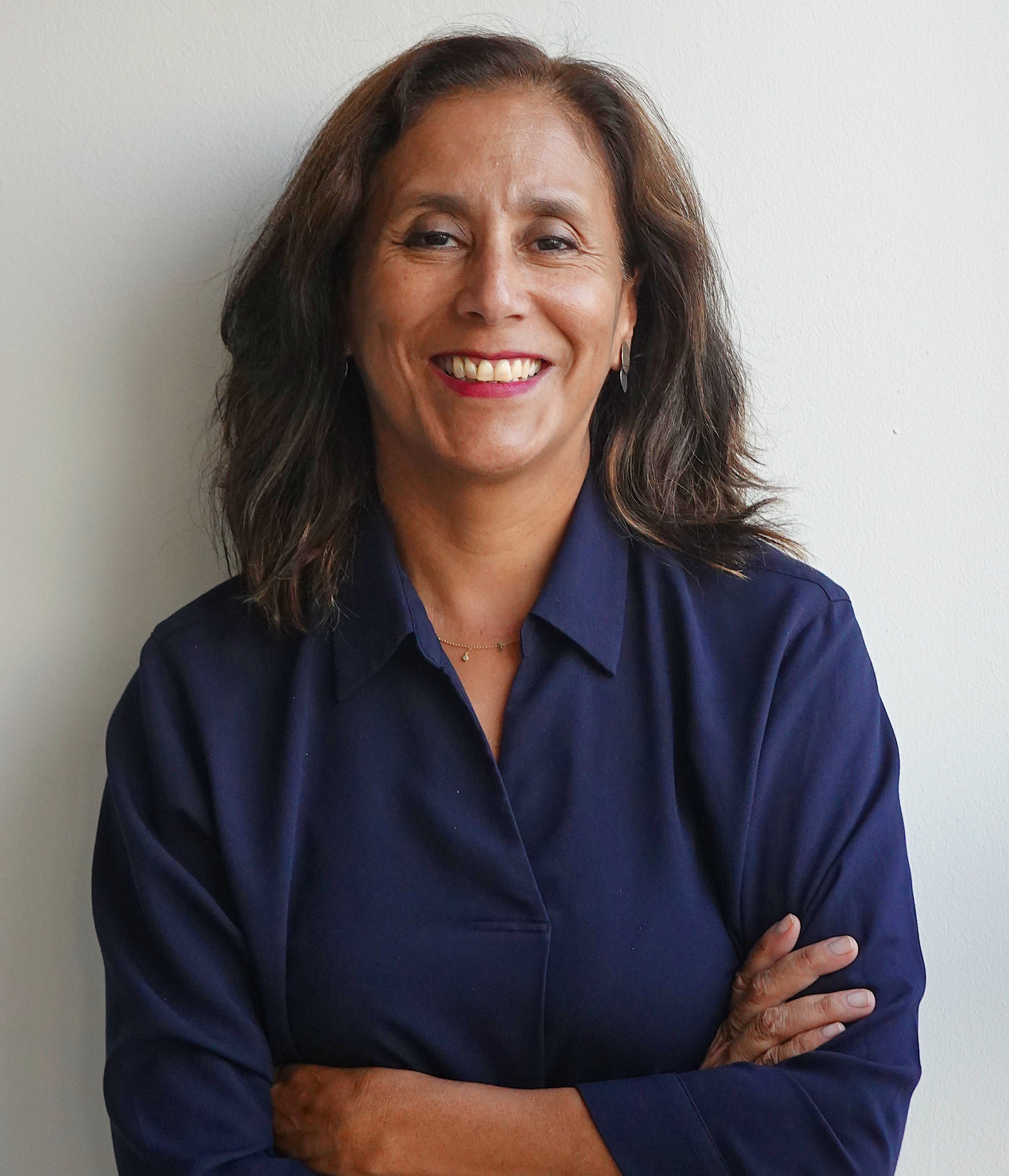LATAM Balance 2023: Historical figures of women elected and pending for equality

PARAGUAY
In 2023 we will find outstanding advances in the election of women in Latin America, but at the same time, effective equality continues to be a goal that seems distant and with complex challenges.
The most important increase occurred in Paraguay, a country where the election of female deputies increased by 57 per cent in 2023. In 2018, 12 female deputies (15 per cent) had been elected. By 2023, 18 won a seat, representing 23.5 per cent of congress members. There was also a significant increase in the Senate: from just 20 per cent to 24.4 per cent.
It should be noted that this increase was not generated by the rise in the gender quota, minimum 20 per cent of candidates. Instead, the Preferential Vote had been approved, moving to an election system with open lists. This meant an uncertain scenario and not necessarily in favor of the election of more women.
In this challenging context, International IDEA and other organizations supported the Supreme Court of Electoral Justice's efforts to continue the Training School for Women Leaders. From its first edition until 2023, more than 500 leaders have been trained in various locations in Paraguay.
ECUADOR
Another country that achieved a historic increase was Ecuador. The Assembly elected last year is made up of 43.1 per cent women. The number of women assembly members for a decade was around 38 per cent. In 2023, the 40 per cent threshold was exceeded for the first time.
GUATEMALA
For its part, in Guatemala, a country without a quota law and historically among the lowest-results region, that same year, 20% of women were elected, a figure still well below the average in the Americas (35.1 per cent). To a large extent, this has been due to the women elected to the Semilla Party, whose 43.5 per cent of its bench is made up of women.
AN OVERVIEW OF THE REGION
Certainly, these figures mean substantial progress in improving the representation of women in the region. However, in parallel to this, the equality agenda continues to have substantive challenges of a structural nature. Furthermore, an “anti-rights wave” is currently spreading in the region, which could generate substantial setbacks in the coming years. Indeed, an ultraconservative discourse has been questioning the structures of discrimination that women and girls face every day. Affirmative measures to reduce inequality gaps are also questioned, such as parity laws, as well as the gender approach itself, which they call “gender ideology”.
This regional and global trend could stop progress in favor of equality. Beyond the numbers of women elected, inequalities in education (particularly in science and engineering, STEM), care work time, remuneration, gender violence, etc., still constitute significant barriers that threaten women's personal, professional, and citizen fulfillment.
These inequalities feed off each other and make equality in politics difficult. For example, inequality in care tasks. Research by the University of Córdoba, promoted by the Government of the Province of Córdoba and IDEA International, found that 25 per cent of provincial women parliamentarians did not have children. Among those with children, 50 per cent are already of legal age. These data are consistent with IPU´s research on Parliaments worldwide (2008). While 28 per cent of female parliamentarians did not have children, this was only the case for 6 per cent of their male peers. Likewise, gender violence in politics leads many women to cut short their careers and seriously affect their private lives. Currently, social networks constitute a sounding board for political violence, with devastating effects for many women.
In short, Latin America continues to advance about the representation of women in public decision-making spaces, certainly more in collegiate than executive bodies. However, the challenges regarding gender equality remain important. Furthermore, it is possible that setbacks will be seen and that several countries in the region will continue to polarize.




